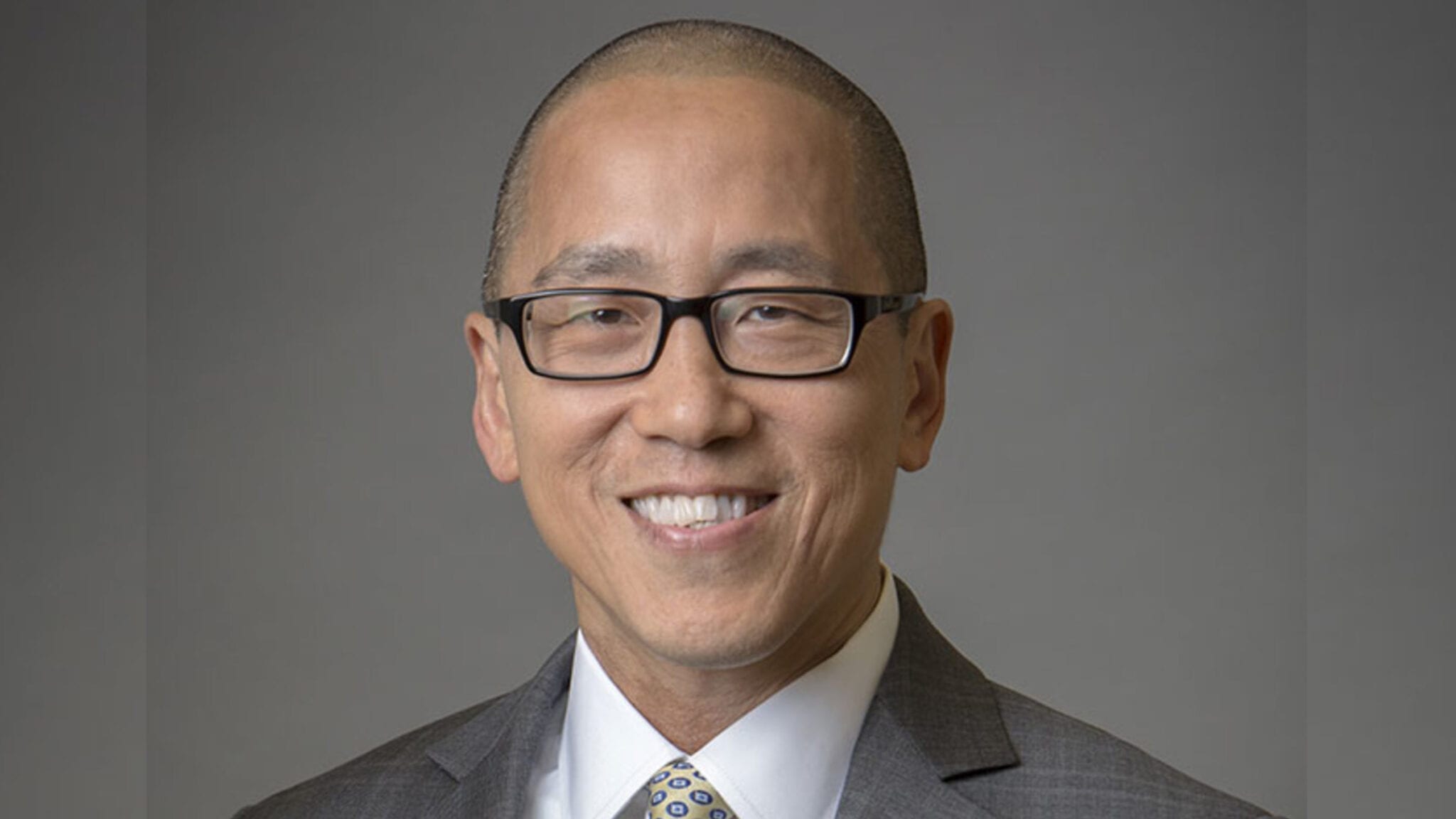
Dean Li, Merck
Dean Li kicks off Merck's post-Roger Perlmutter era by teaming with Artiva and its off-the-shelf CAR-NK tech
Even though Dean Li has now officially taken over for Roger Perlmutter as R&D chief, Merck’s appetite for dealmaking continues to be ravenous. …
Sign up to read this article for free.
Get free access to a limited number of articles, plus choose newsletters to get straight to your inbox.